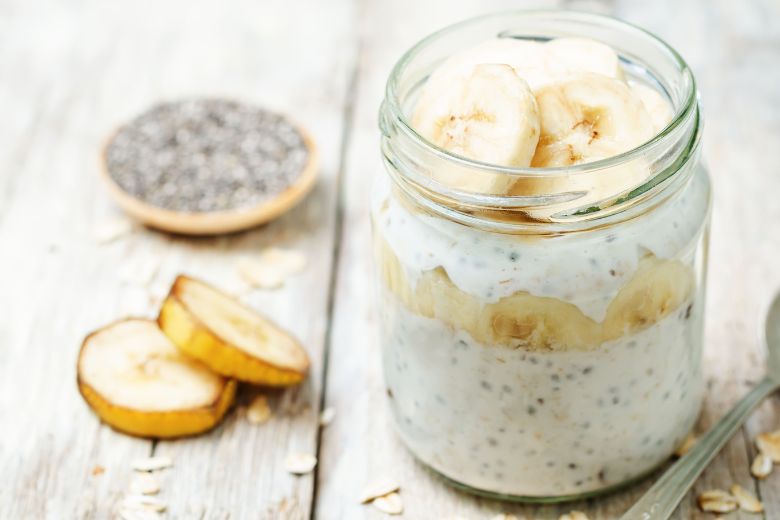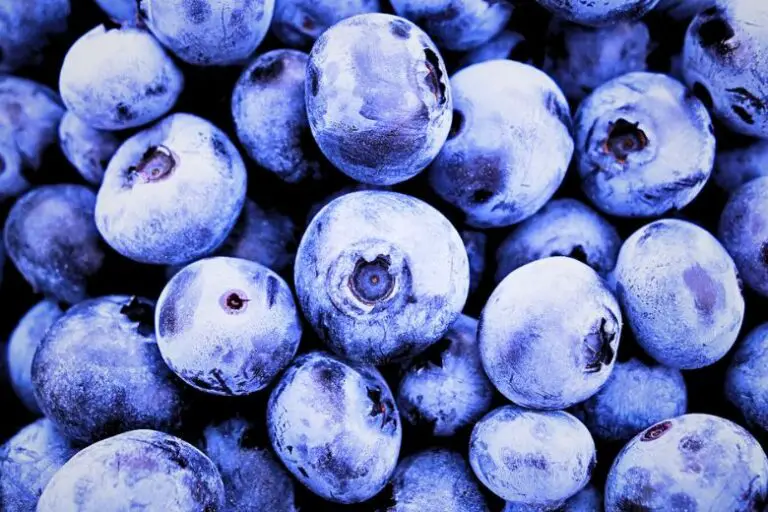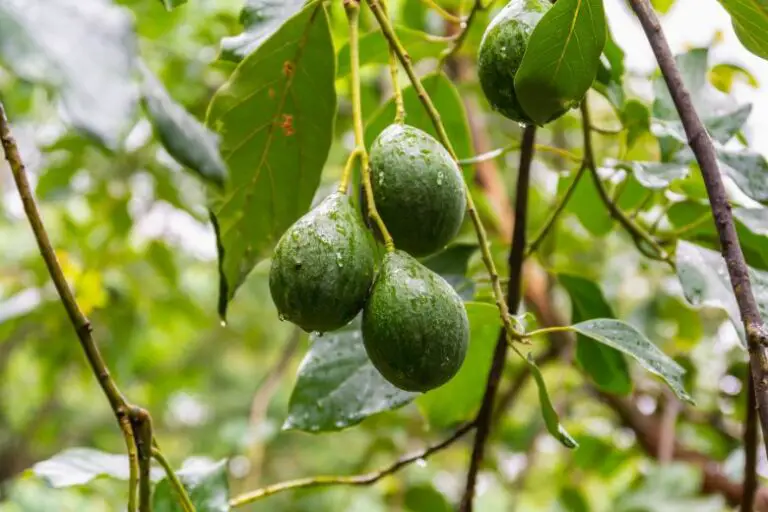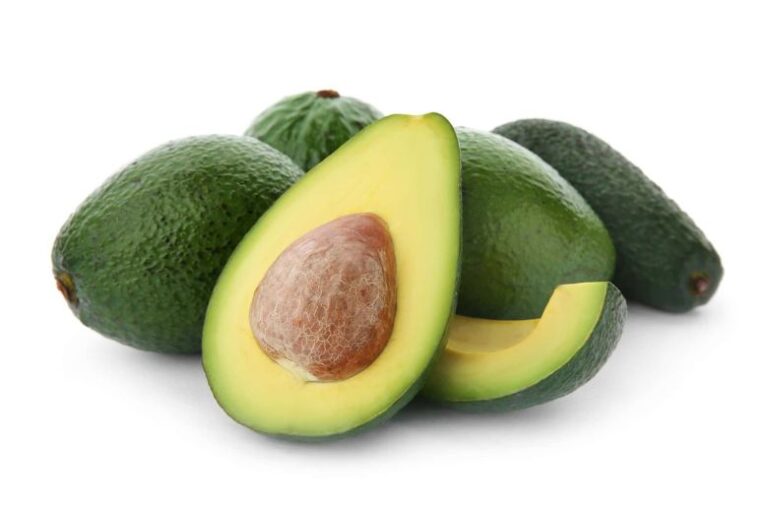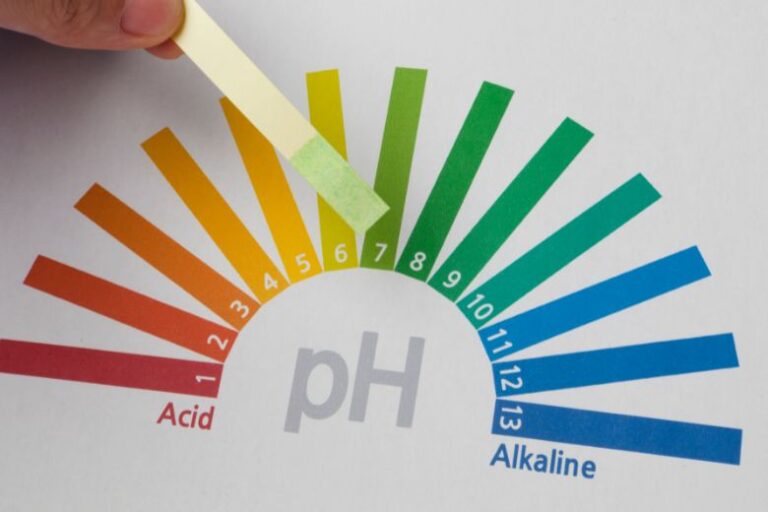Can Chia Seeds Be Consumed During Pregnancy
Pregnancy is a crucial phase in a woman’s life, and maintaining a healthy diet is essential for the well-being of both the mother and the developing baby. Chia seeds have gained popularity as a superfood due to their numerous health benefits. But can they be safely consumed during pregnancy?
What are Chia Seeds?
Chia seeds come from the Salvia hispanica plant, which is native to Central America. These tiny seeds are packed with nutrients and have been a staple in the diets of ancient civilizations like the Aztecs and Mayans. Chia seeds are an excellent source of essential nutrients, including omega-3 fatty acids, fiber, protein, vitamins, and minerals.
Nutritional Benefits of Chia Seeds
Before diving into whether chia seeds are safe during pregnancy, let’s explore their impressive nutritional profile. Chia seeds are a rich source of:
- Omega-3 Fatty Acids: Chia seeds are one of the best plant-based sources of alpha-linolenic acid (ALA), a type of omega-3 fatty acid that supports heart health and brain function.
- Fiber: These seeds are abundant in dietary fiber, promoting digestive health, and aiding in the prevention of constipation.
- Protein and Amino Acids: Chia seeds provide a decent amount of plant-based protein, which is crucial for tissue repair and muscle growth.
- Essential Vitamins and Minerals: Chia seeds contain vitamins such as vitamin A, vitamin E, and vitamin K, along with essential minerals like calcium, magnesium, and iron.
- Antioxidant Properties: Chia seeds are rich in antioxidants that help neutralize free radicals, protecting cells from damage.
- Hydration and Electrolyte Balance: Chia seeds can absorb significant amounts of water and help maintain proper hydration and electrolyte balance.
Safety Concerns during Pregnancy
While chia seeds offer an array of health benefits, it’s important to consider certain safety aspects during pregnancy. Pregnant women should be cautious about potential risks, including:
- Allergies: Some individuals may be allergic to chia seeds, so it’s vital to monitor any allergic reactions closely.
- Gastrointestinal Issues: Chia seeds are high in fiber, which may cause bloating or digestive discomfort in some pregnant women.
Consulting a Healthcare Provider
Before adding chia seeds to the pregnancy diet, it’s essential for expectant mothers to consult their healthcare providers. Each pregnancy is unique, and a healthcare professional can provide personalized advice based on the woman’s medical history and specific health needs.
Potential Benefits of Chia Seeds During Pregnancy
Despite the safety concerns, chia seeds can be a valuable addition to a pregnancy diet due to their nutrient content and potential health benefits.
Rich Source of Omega-3 Fatty Acids
Omega-3 fatty acids are crucial for the development of the baby’s brain and eyes. Chia seeds provide a plant-based source of ALA, which can contribute to the omega-3 intake of pregnant women who don’t consume fish or fish oil supplements.
High Fiber Content
Constipation is a common issue during pregnancy, and chia seeds’ high fiber content can help alleviate this problem and promote healthy digestion.
Protein and Amino Acids
Proteins and amino acids are the building blocks of the body. Including chia seeds in the diet can support the mother’s tissue repair and the baby’s growth and development.
Essential Vitamins and Minerals
Pregnancy demands an increased intake of vitamins and minerals. Chia seeds can contribute to meeting these nutrient needs.
Antioxidant Properties
Antioxidants in chia seeds can help reduce oxidative stress and support overall maternal health.
Hydration and Electrolyte Balance
Maintaining proper hydration and electrolyte balance is essential during pregnancy, and chia seeds can assist in this aspect.
How to Incorporate Chia Seeds into Pregnancy Diet
If approved by a healthcare provider, pregnant women can add chia seeds to their diet in various ways, such as:
- Chia Seed Pudding: Mix chia seeds with milk or plant-based milk, add sweeteners and flavorings, and refrigerate for a few hours to make a delicious and nutritious pudding.
- Smoothies: Blend chia seeds into fruit smoothies for an extra boost of nutrients and texture.
- Yogurt Toppings: Sprinkle chia seeds over yogurt or a bowl of fresh fruits.
- Baking: Incorporate chia seeds into muffins, bread, or other baked goods.
Precautions and Moderation
While chia seeds can be beneficial during pregnancy, it’s essential to consume them in moderation and avoid excessive intake. Overconsumption of chia seeds may lead to digestive issues, such as bloating or diarrhea, due to their high fiber content.
Frequently Asked Questions
- Are chia seeds safe during the first trimester of pregnancy?
- During the first trimester, it’s crucial to consult a healthcare provider before introducing chia seeds to the diet.
- Can chia seeds cause allergies during pregnancy?
- Yes, some individuals may be allergic to chia seeds, and pregnant women should be cautious about any allergic reactions.
- Can chia seeds help with pregnancy-related constipation?
- Yes, chia seeds’ high fiber content can aid in alleviating constipation during pregnancy.
- Can chia seeds replace fish as a source of omega-3 fatty acids during pregnancy?
- Chia seeds provide a plant-based source of omega-3 fatty acids, but it’s essential to consult a healthcare provider to ensure adequate nutrition during pregnancy.
- What is the recommended daily intake of chia seeds during pregnancy?
- The recommended intake may vary for each individual, so it’s best to follow the guidance of a healthcare provider.
Conclusion
Chia seeds are a nutrient-rich superfood that can offer several health benefits during pregnancy. However, pregnant women should exercise caution, consult their healthcare providers, and consume chia seeds in moderation. When included as part of a balanced and varied diet, chia seeds can be a valuable addition to support maternal health and the development of the growing baby.

